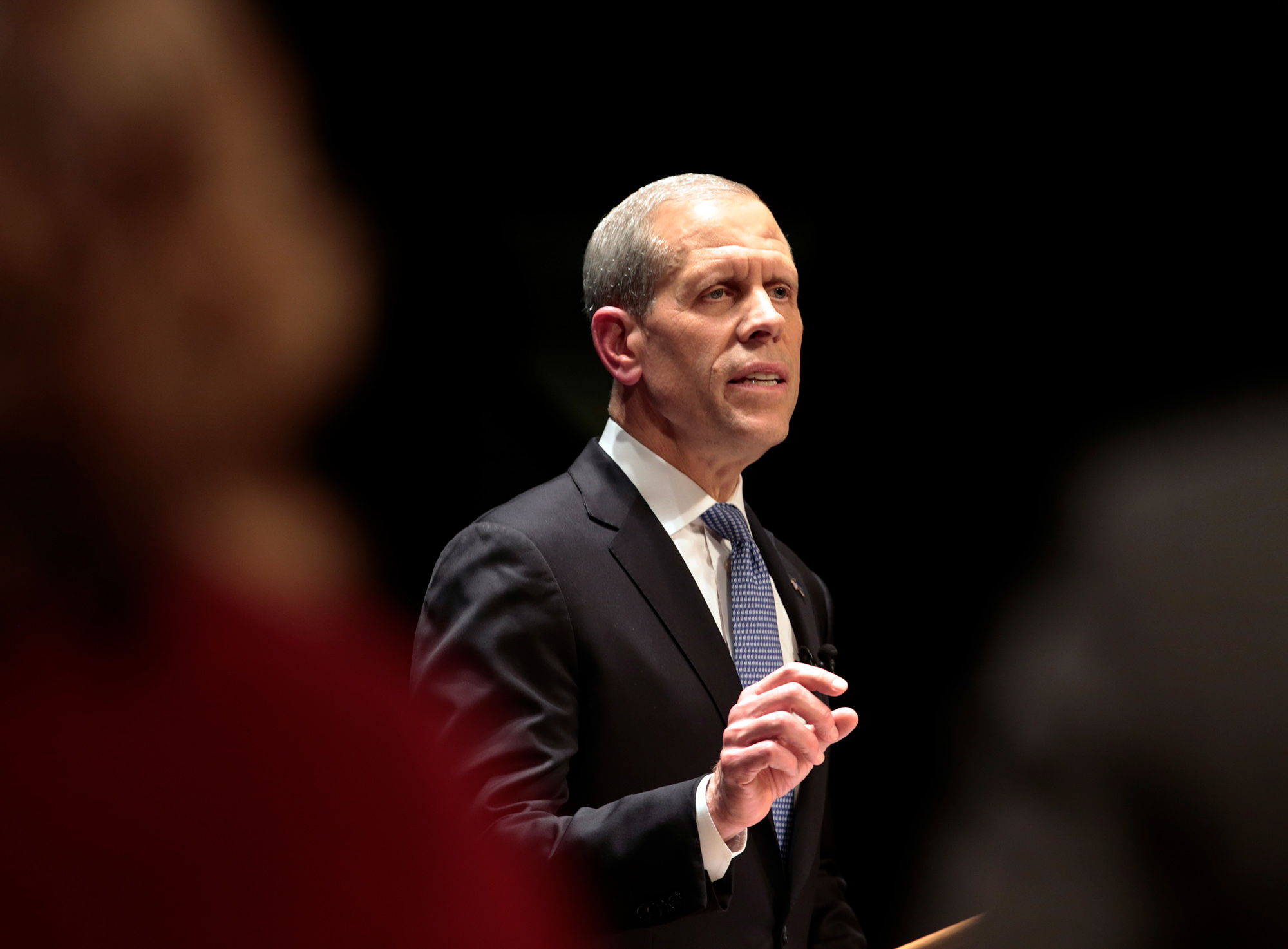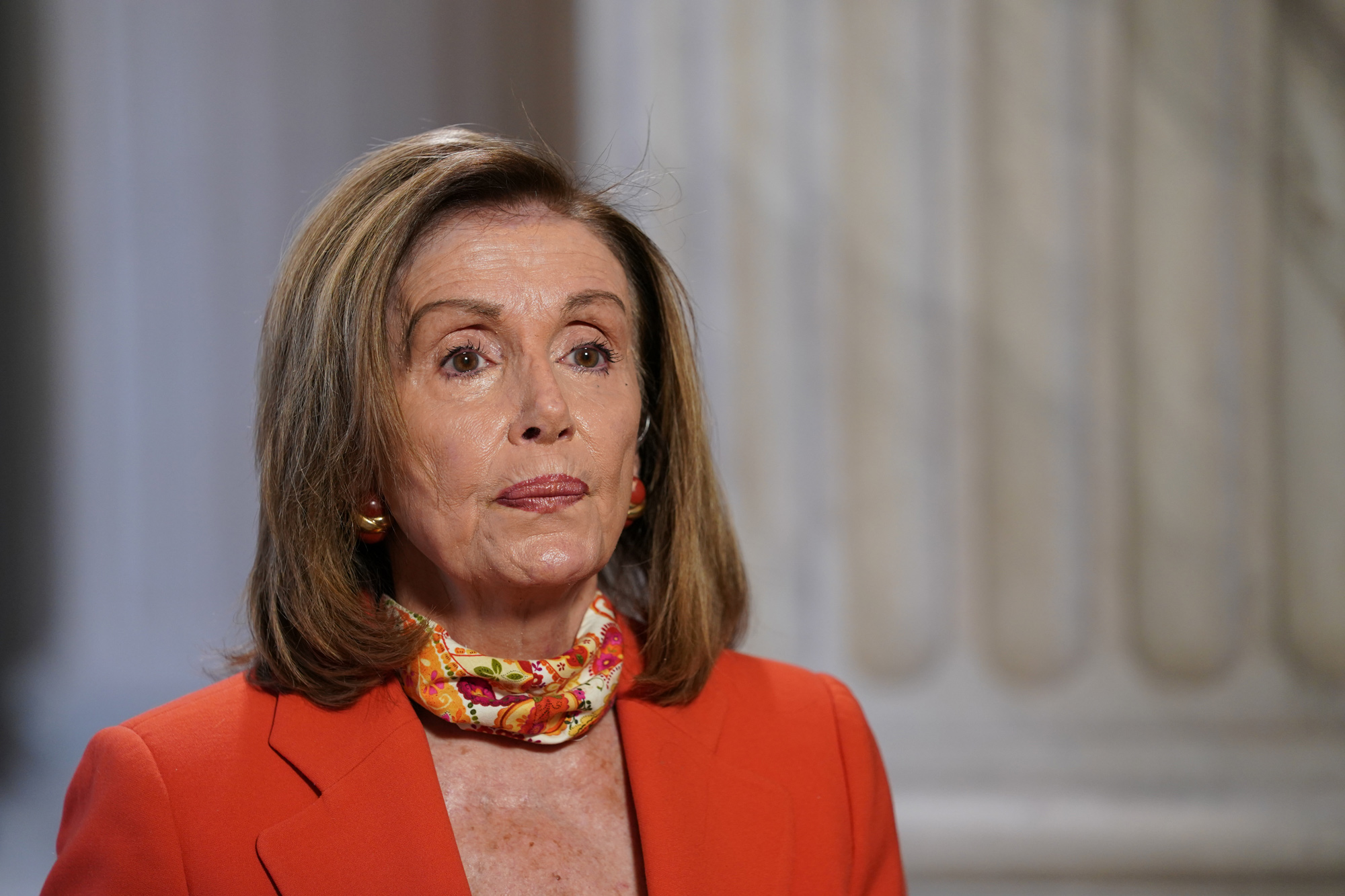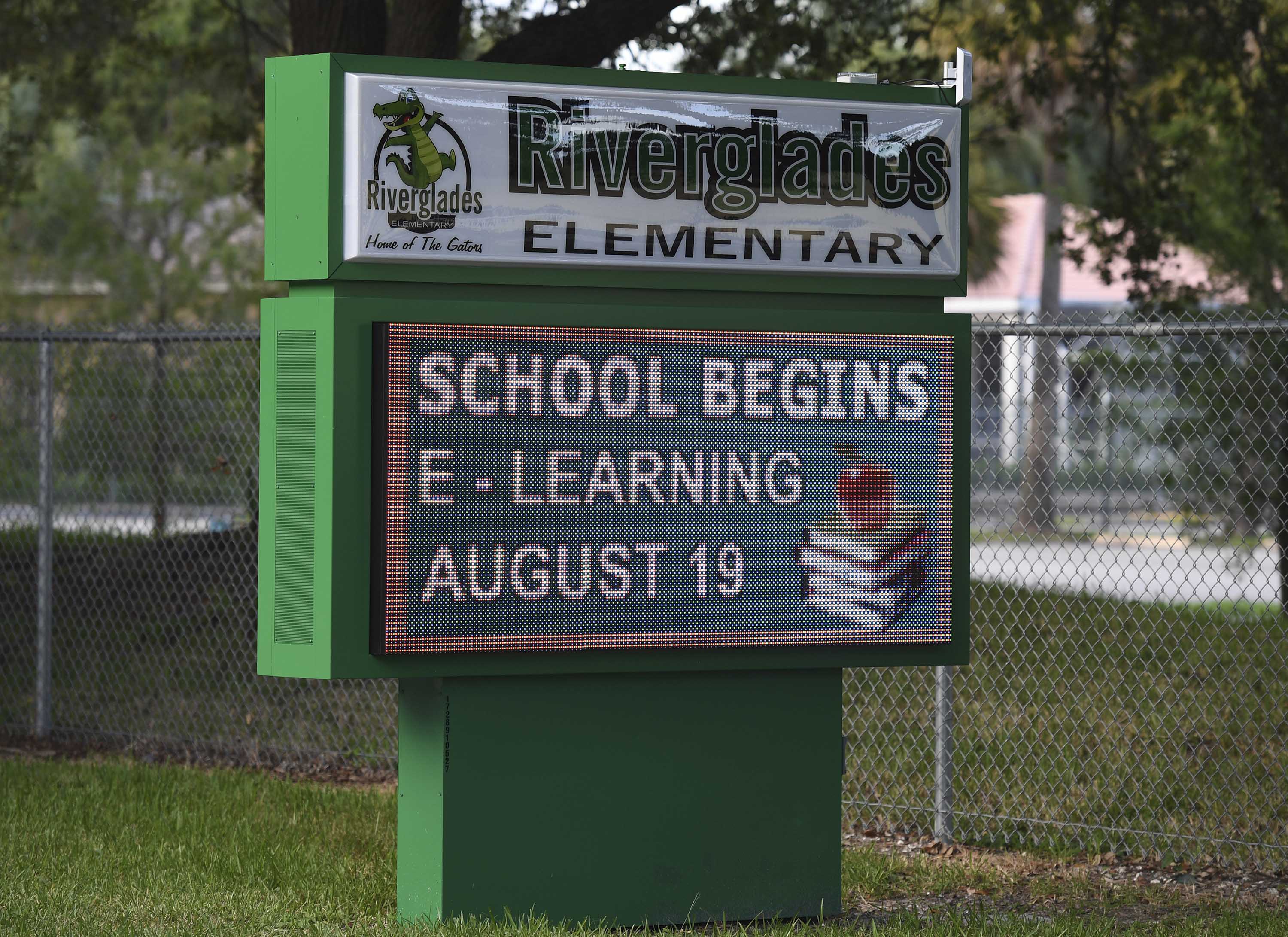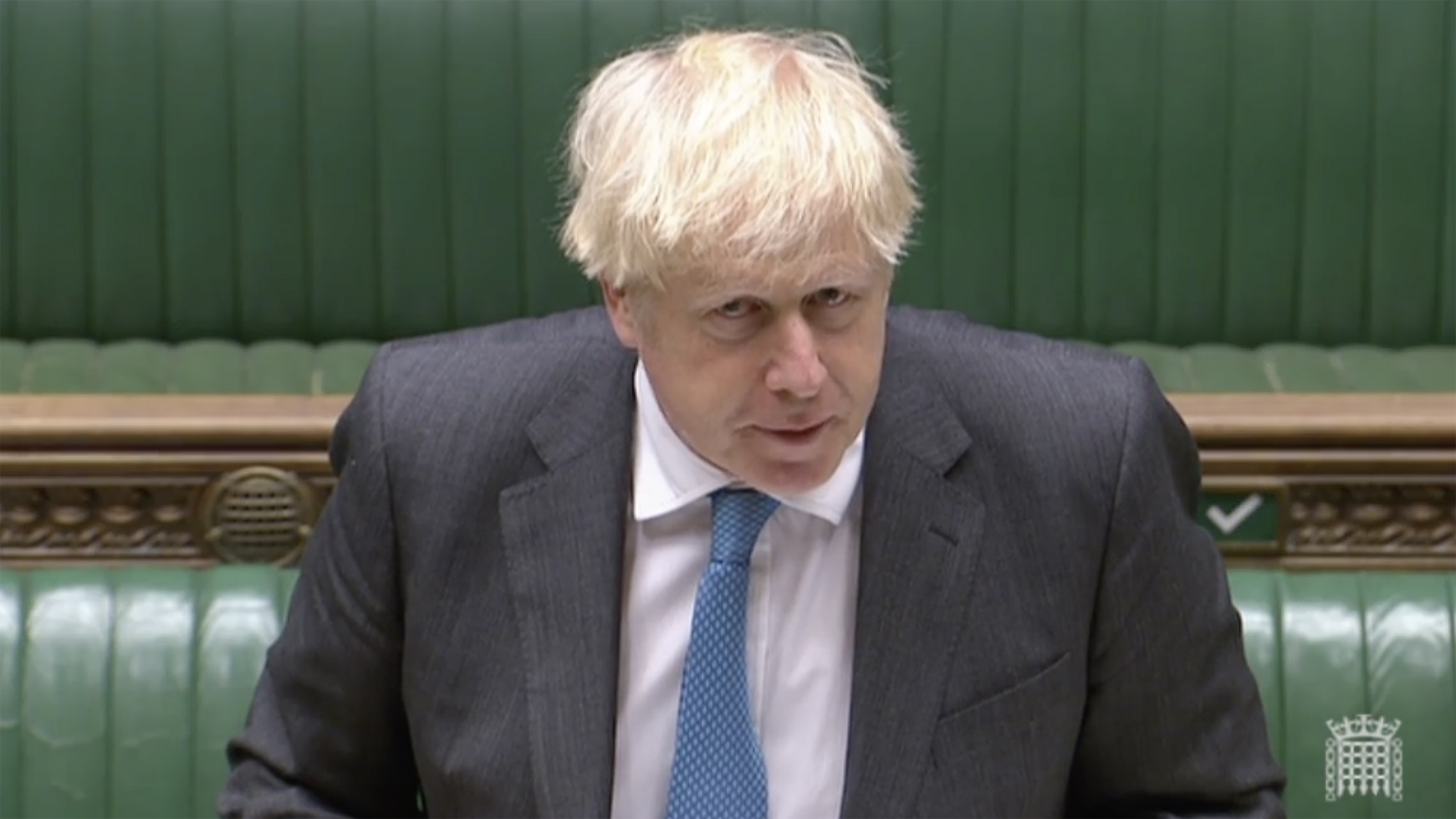Racism and discrimination are factors that play a role in the larger number of minority deaths and hospitalizations from Covid-19, according to a new analysis from the Epic Health Research Network and the Kaiser Family Foundation.
Although minorities were more likely to test positive for Covid-19 and need more immediate care at the time of testing than Whites, they were also more likely to require hospitalization and to die from the virus than White patients, the analysis found.
Researchers examined the Epic electronic health records of about 50 million patients in 21 states, including 53 health systems and 399 hospitals.
“The racial disparities in illness and death are not fully explained by differences in underlying sociodemographic characteristics and health conditions,” the authors said.
“This analysis points to delays in testing for people of color, who are sicker and more likely to be infected when they do get tested,” said KFF President and CEO Drew Altman. “The findings highlight the continued importance of addressing racial disparities in responding to COVID-19 as in health care more broadly.”
Among the key findings of the research: Hispanics were more than two and a half times more likely to test positive for Covid-19, and Blacks and Asians were nearly twice as likely to test positive compared to Whites – and they were more likely to be hospitalized by the time they were tested.
Covid-19 infection rates for Hispanics were three times higher and for Blacks and more than two times higher compared to their White counterparts. Hospitalization rates for Hispanics were four times that of Whites – and for Blacks, it was more than three times that of Whites.
“Death rates for both groups were over twice as high as the rate for White patients (5.6 and 5.6 compared to 2.3 per 10,000)” the analysis found. “Asian patients also faced significant disparities in these measures.”
The findings of this analysis suggest that racism and discrimination are affecting outcomes among similar sociodemographic groups, the authors wrote.
“Understanding the factors underlying COVID-19 infections and severe complications can help us devote resources appropriately to the most vulnerable communities,” Dr. Christopher Alban, Epic Vice President of Clinical Informatics, said in a news release.
“This study adds nuance to our understanding of inequities in our COVID-19 response by showing racial and ethnic disparities that persist when comparing populations with similar health and socioeconomic status."









